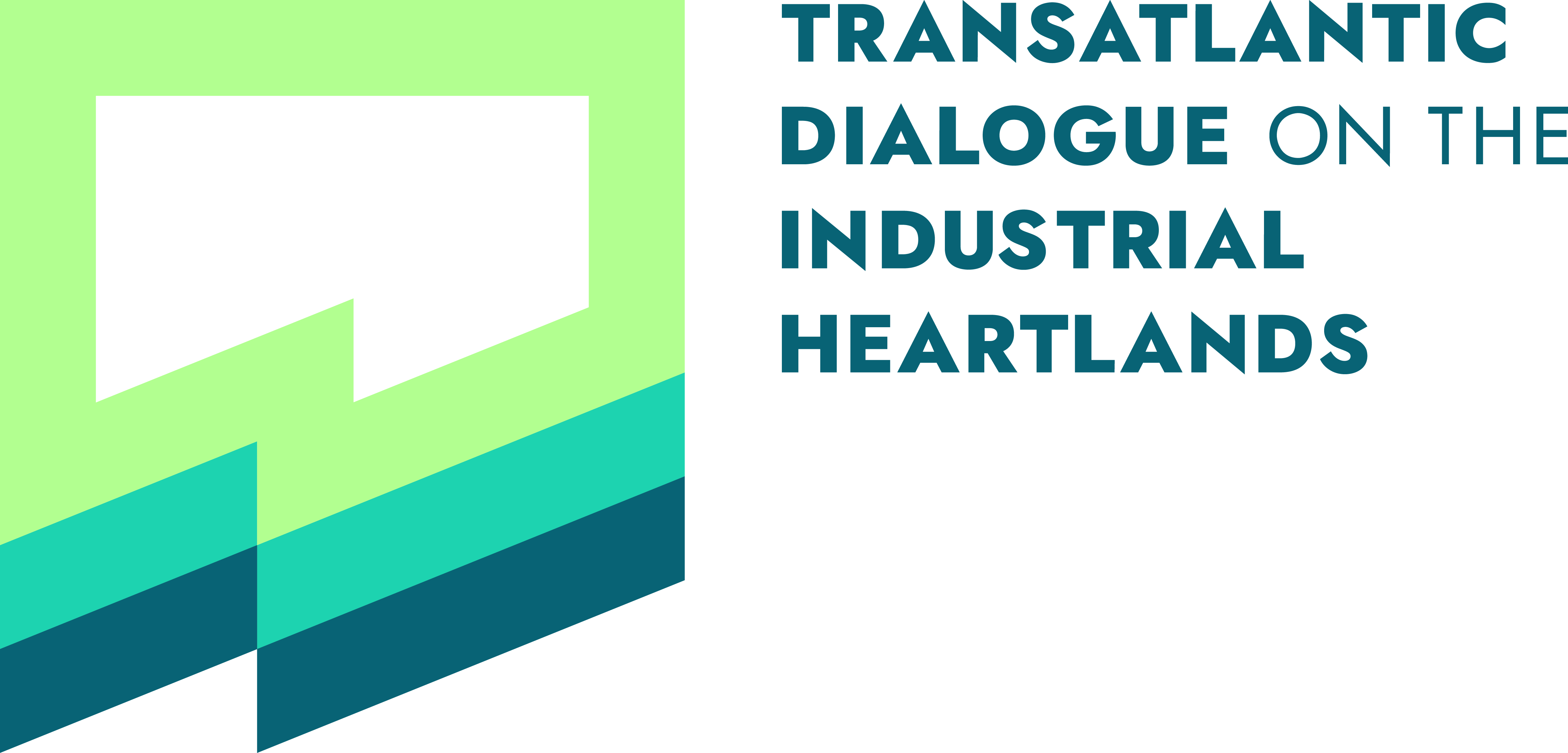About
Project Background
A remarkable revival of transatlantic unity. Governments on both sides of the Atlantic have rallied behind Ukraine’s fight for self-determination and independence. The West’s resolute response to Russia’s unprovoked war of aggression has reinvigorated collective security and demonstrated the resilience of liberal democracy.
Over the last decade, the liberal world has been challenged at home by the rise of illiberal nationalism and abroad by authoritarian rulers contemptuous of democracy. But a confluence of events, including the failed Jan. 6, 2021 attack on the U.S. Capitol, Germany’s Zeitenwende and global opposition to Vladimir Putin’s brutal attack on Ukraine, suggests that this could be a watershed moment for democratic societies.
At this time of significant shifts in geopolitics a new economic paradigm is emerging in response to the polycrisis—the war in Ukraine, the climate catastrophe and the pandemic. Governments are pushing for new industrial and climate friendly policy agendas whilst strengthening democracies. Their urgent challenge now is to grapple more effectively with the roots of the working class revolt that’s fueling right-wing nationalism across the West. For a generation, people living in the traditional industrial heartlands have been buffeted by a technological and services revolution, the decline of manufacturing, and the rise of a borderless global digital economy. Most people also feel disregarded by politicians and a political system that in their eyes is not working for them.
The result is deepening inequality, ongoing political support for right-wing populists and a hollowing out of the middle class. Political leaders’ failure to grapple effectively with these trends has stirred simmering resentment among people who feel left behind, economically and culturally displaced, suspicious of globalization and trade, and mistrustful of democratic institutions that aren’t delivering for them. Yet, the dynamics behind this economic paradigm shift present opportunities to improve lives and strengthen democracy for regions, communities and people in the industrial heartlands.
This project and its partners from the U.S. and Germany are dedicated to creating new opportunities in old industrial heartlands. It will do so by forging a transatlantic dialogue and provide rigorous analysis seeking to develop political strategies and policy solutions for a better, greener and more democratic future in the “places that don’t matter”.
Objectives and key questions
The projects has two core objectives which are:
- Developing policies and strategies on how to bring about a new prosperity by a transition to a cleaner, greener and modern global economy in the industrial heartlands and how to deliver increased living standards and opportunities for people as well as regain trust in democracy in the U.S. and Germany. It will focus on two work streams:
- Climate, Work & Innovation:
- How can old transportation systems, energy and communications infrastructure be modernized?
- What is the scope of investments in regional advanced manufacturing clusters?
- And can regions seed clean energy research and development in older industrial centers and support entrepreneurship with capital and business expertise?
- How can apprenticeships and work-based training be boosted in order to create more effective and affordable alternatives to college
- Perspectives for the Future, Respect & Participation:
- How can the changes be navigated so that working people and communities in industrial heartlands feel activated rather than disregarded by politicians and democratic institutions?
- What are pathways to create a common vision and positive perspectives among people living in the industrial heartlands?
- How can the chasm between urban elites and people who dwell in smaller cities and towns in the countryside be bridged?
- Which narratives work in the industrial heartlands to bring forward a better, greener and more democratic future?
- How can policymakers strike a balance between investments in social and economic infrastructure?
- Creating a transatlantic network to exchange best practices on policy, strategies and narratives between experienced and up-and-coming thinkers and decision makers spanning across politics, the private sector, and civil society. This network will be built across communities and rooted within the industrial heartlands in the U.S. and Germany advocating for best-practice solutions on both sides of the Atlantic.
- Climate, Work & Innovation:
Project Output
- Expertise: Papers and polls: transatlantic survey, mission statement, actor and theme mapping, documentation of conferences through synopses of discussions, progress reports and final report
- Platforms for Exchange and Dialogue: Kick-Off Seminar, Large-Scale Conference, Dialogue Seminar, as well as Wrap-Up Conference
- Delegation Trips: Dialogue with experienced actors through local visits in both countries, aiming to build a sustainable transatlantic just transition network between the industrial heartlands
- External Communication: Photo documentation, podcast series, video elements (snippets, short films), online presence, impulse papers, opinion pieces in regional and supra-regional media outlets, policy papers, multimedia editing and preparation of project products including survey results (social media postings, articles), newsletter, project brochure, etc.
